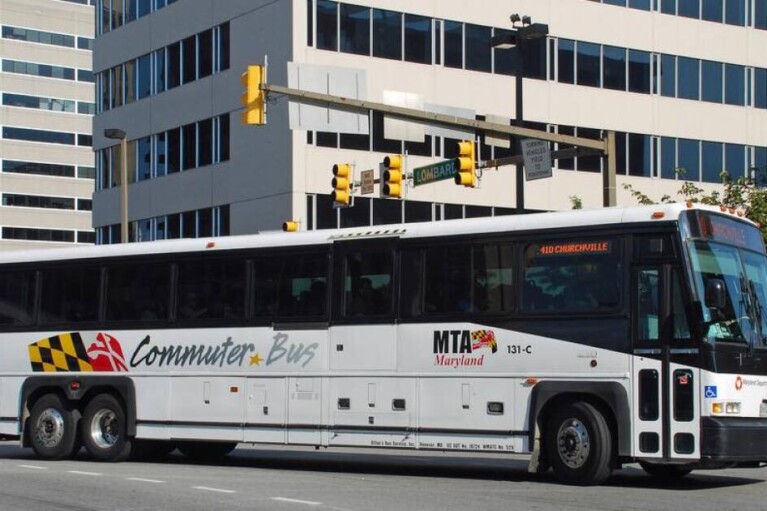Workers in Maryland need a raise.
I am a lifelong Baltimore resident and in my 44 years I have never seen working people struggle as much as they do now. I see seniors working because they can’t afford their prescription medication or their rent. I watch too many people working and still needing help. It’s crazy that you can work so hard and still need help.

Ditanya Rosebud
We need a higher minimum wage so that we can stay in our homes, raise our children, and retire with dignity. There is cause for hope: The people of Maryland spoke decisively in this year’s primaries by voting for candidates who support $15 an hour. But we need to make sure the Maryland legislature follows through to support Maryland’s workers.
I’ve worked with seniors for 22 years and I’ve been a cook at a nursing home for the last five. I make all the food to order for 14 residents and I love making the residents happy. But I can’t always make ends meet for my own family on three 12-hour shifts, so I take every overtime hour I can get.
Sometimes I work seven days straight. Last year, my union negotiated an increase in our pay, giving my co-workers large raises. My current $16.25 an hour has helped me get a new apartment after losing my last one because I fell behind on the gas and electric bills. But even at my hourly wage, I struggle to cover the bills. I only make about $11 an hour after I pay for health and dental benefits. My pay barely covers my $750 rent, my two-hour bus commute to work each way, and food for my 23-year-old daughter and my two grandchildren. I can’t even imagine what it’s like for people that make the minimum wage, which is just $9.25 an hour.
This past year, the Maryland General Assembly had the chance to pass HB 664 and SB 543, which would have gradually raised the state’s minimum wage to $15 by 2023. It also would have stopped allowing employers to discriminate against younger workers by paying them less. Employers and experts spoke out in favor of the bill. Polls also show Marylanders overwhelmingly support $15. But it never even came to a committee vote.
Why didn’t the Assembly pass these bills—when 573,000 workers in Maryland would benefit? The vast majority of these Marylanders are older than 20 and 64 percent already work full-time. Nearly one third are parents. They’re people like my stepdaughter, who works two jobs, one at a hotel and another at a restaurant, to support her two kids. She is living with a friend because she can’t afford her own place to live. A recent report from the National Low Income Housing Coalition showed that a worker in Baltimore County needed to earn $27.13 to afford a two-bedroom market rate apartment. It’s time the legislature acted.
We know that Maryland employers can afford it. Corporate profits are at all-time highs. We also know that minimum wage increases don’t hurt the number of jobs available.
As a Black woman, I know that I have to work harder for the same dollar. All I want is for everyone to be treated equally—and a higher minimum wage can help us close these gender and racial gaps in pay and wealth. That’s why my coworkers and I joined the Fight for $15.
On Tuesday, we have the chance to vote for representatives in Annapolis who understand that we need to act decisively to raise the minimum wage to $15. We also need paid family leave and policies that support a worker’s right to join a union. Hard-working Marylanders like me are struggling to make it. The cost of living is always going up, whether it’s co-pays for medicine or the rent.
If I had more money, I could take less overtime and watch my grandchildren so that my adult daughter could go to school to get her nursing assistant certificate. I want her to have a job she enjoys as much as I enjoy mine. And what I want is for her to be able to be there for her kids, to have dinner at the table and help with homework.
That’s what a lot of parents in Baltimore want: To afford to spend time with their kids without the electricity getting shut off. It’s that simple. A $15 minimum wage is a basic step in the right direction.
We’re asking for a chance to live, go to school, and live safely. Fifteen isn’t just necessary, it’s the bare minimum. And we’re going to keep making noise, we’re going to keep on organizing, and we’re going to do what’s necessary to win. We’re fighters—that’s what we do.
— Ditanya Rosebud
The writer is a nursing home worker with 22 years of experience and is a member of the Service Employees International Union Local 1199 in Baltimore.




 Creative Commons Attribution
Creative Commons Attribution